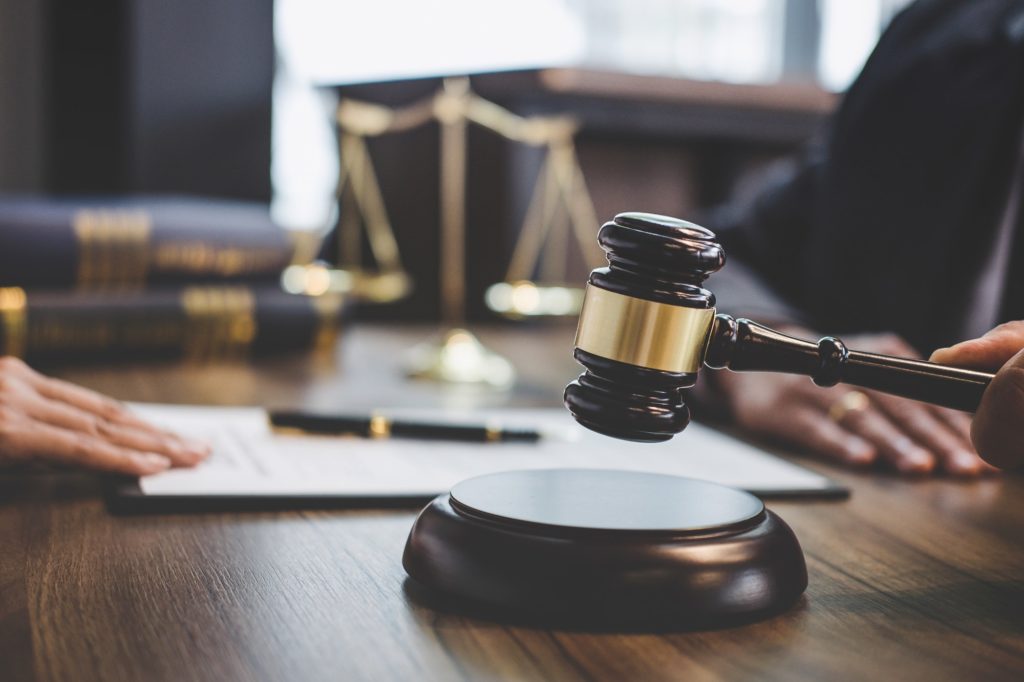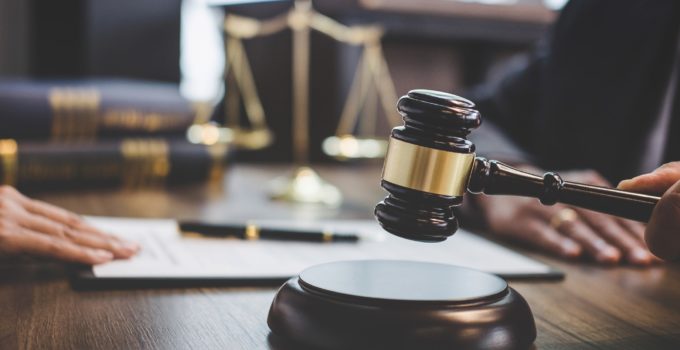
Can lawsuits help to stop psychiatric human rights abuses? In short, yes, I think they can. There have been a variety of psychiatry related lawsuits over the years. There is a Supreme Court case, the Donaldson case, which relates to psychiatry. Psychiatrist Thomas Szasz wrote a whole book about the Supreme Court case, entitled Psychiatric Slavery.
Nonconsensual psychiatry is psychiatric slavery. In the book, Fatal Freedom: The Ethics and Politics of Suicide, psychiatrist Thomas Szasz lays forth why he believes suicide prohibitions are unconstitutional. I am pretty sure that it is in chapter seven.
There is also a book Anatomy of an Epidemic by Robert Whitaker. This book, Anatomy of an Epidemic, investigates the question: if psychiatric treatment has become so much more prevalent over the last few decades, then why have the disability rates related to psychiatric diagnoses increased exponentially over the last few decades?
Perhaps psychiatric drug manufacturers can be sued. Perhaps psychiatrists can be sued. Perhaps hospitals that earn money from psychiatric coercion and nonconsensual psychiatry can be sued. Perhaps child psychiatrists that prescribe drugs off-label to children can be sued. To the best of my knowledge, some psychiatric drugs, like some antidepressants, can increase the chances that children might try to engage in suicide. The late psychologist Bonnie Burstow wrote a whole article describing why child psychiatry can be seen as a form of child abuse.
Perhaps young adults who identify as being part of the psychiatric survivor movement can go on to become lawyers. Perhaps these lawyers can sue psychiatrists, hospitals that have psychiatric units, and psychiatric drug manufacturers. Perhaps we can identify lawyers who are allies of psychiatric survivors.
If you talk to a lawyer about a potential lawsuit against a psychiatrist or a psychiatric drug manufacturer, try to be articulate. Do not dominate the conversation. Give the lawyer a chance to talk. Give them a chance to ask you questions. Do not talk non-stop so they can’t get a word in. So maybe lawsuits can help to put an end to psychiatric human rights abuses in the United States and internationally.



